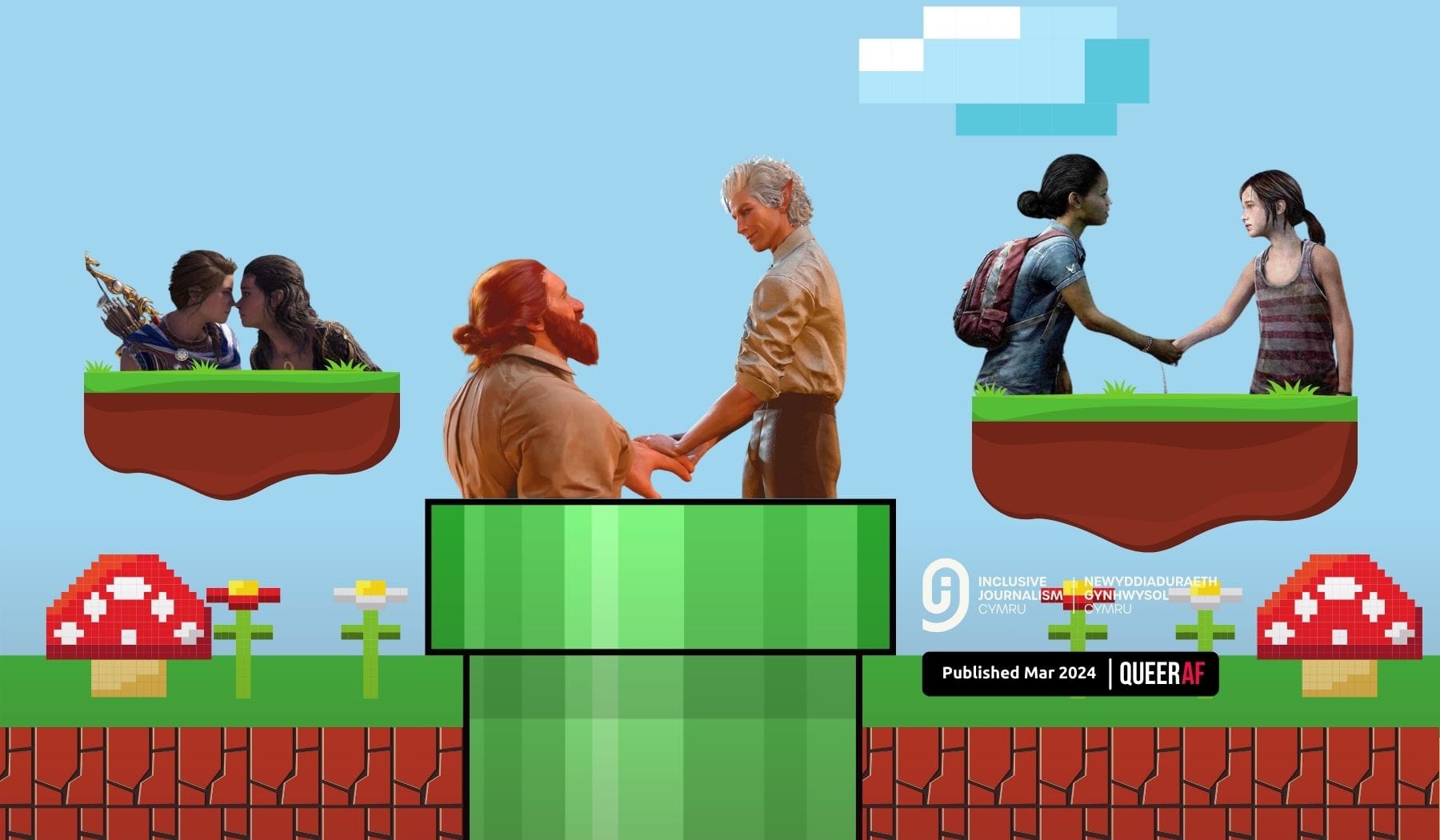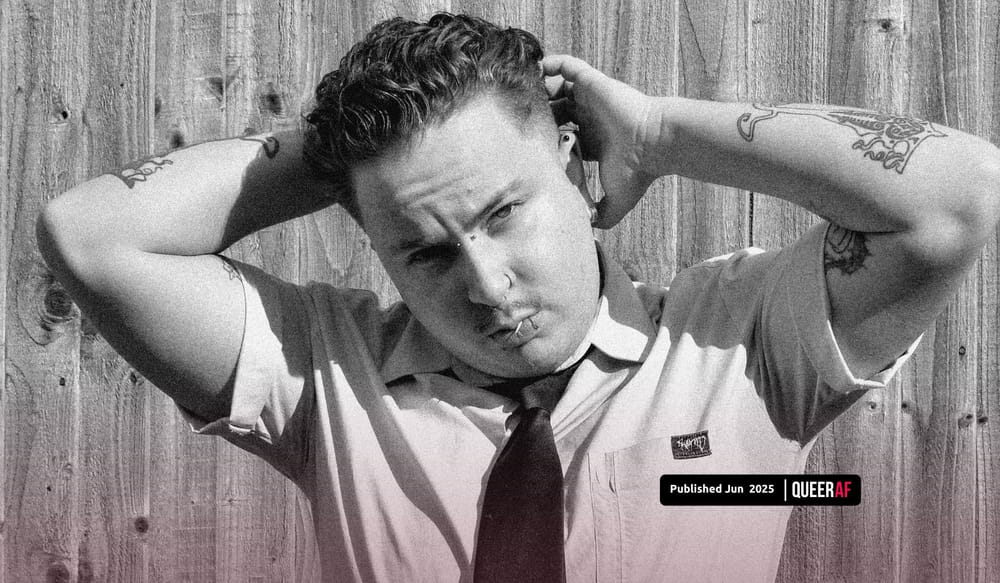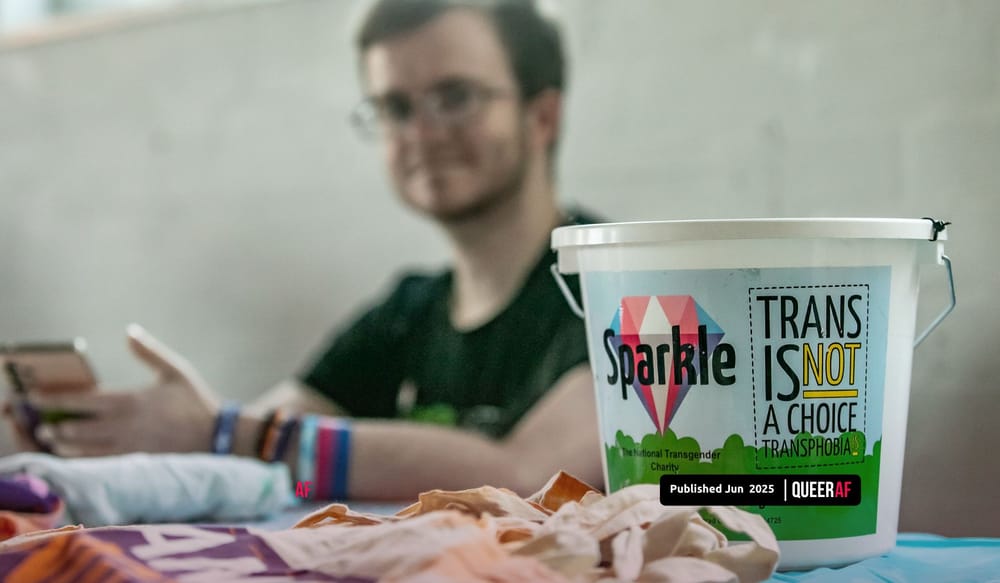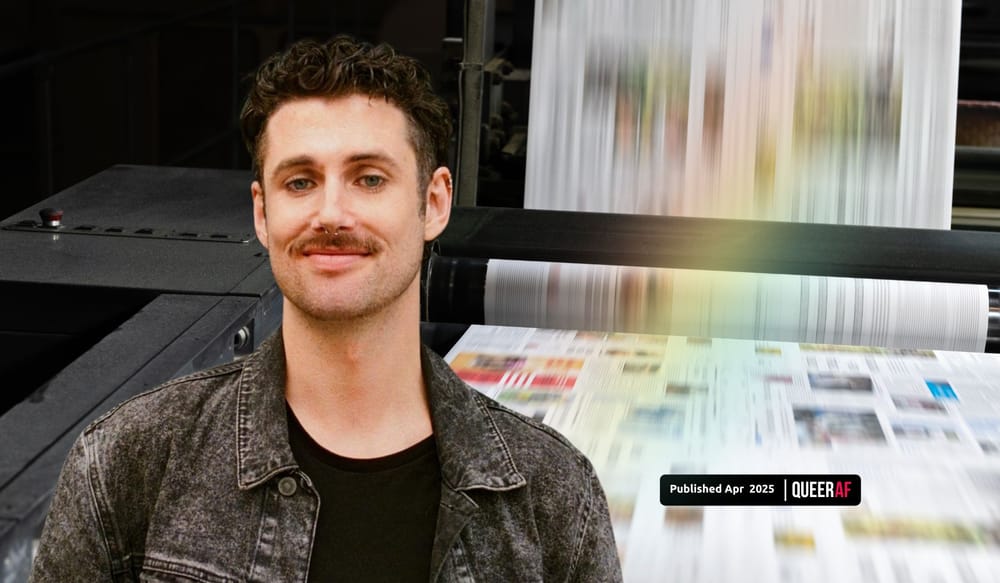
As someone who grew up alongside video games since the 1990s, I’ve had a ringside seat to the development of gaming into an easily accessible hobby that can provide positive LGBTQIA+ representation at your fingertips.
Yet, finding LGBTQIA+ stories still requires some digging beyond the ‘recommended for you’ screen.
I know how important this representation is. There are dedicated in-person gaymer communities in cities like London and Bristol, but most spaces are either purely online or one-day events.
Living in South Wales makes it difficult to access LGBTQIA+ spaces, which are mostly based in Cardiff.
So representation in games is a beacon for many queer folks. Gaming is easy to access, and authentic storytelling in games can help you to understand yourself better or feel less alone in your experiences.
But with large game companies such as EA claiming they value ‘creativity’ and ‘innovation’ while carrying out mass layoffs, the industry still has a long way to go.
So, will we see more LGBTQIA+ stories in games going forward?
A recent report by GLAAD found that around one in five (17%) of active gamers under 34 are LGBTQIA+. However, less than 2% of console games (Playstation, Xbox, and Switch) and 1.7% of SFW Steam games have LGBTQIA+ content.
Looking a little deeper, the majority of these games have been created by independent developers.
That’s also true for the majority of upcoming LGBTQIA+ games too. Indie titles also dominate lists about the best LGBTQIA+ games, although plenty of them have become popular in the mainstream.
Larian Studios’ Baldur’s Gate 3 was a huge breakout hit last year and featured extensive LGBTQIA+ representation.
I recently replayed 2013’s Gone Home, a game set in 1995 where you explore your family’s new home. I was moved by the game’s same-sex love story, because it was treated the same way as a straight love story would be.
Rather than being rushed through to a dramatic conclusion or being added as a last minute twist, it’s allowed to grow throughout the story.
Growing up queer in the early 2000’s, a time when Section 28 was still in force, I saw my own experiences reflected in the game.
From the first confusing crush on another guy to smuggling and hiding a copy of Attitude in my room, all while being somewhere nobody talked about being LGBTQIA+. Gone Home, while not perfect, is a solid example of how authentic LGBTQIA+ storytelling can resonate with those in the community.
Returning to the game years later, it felt reassuring to know my experiences were shared by others.
Having access to games like this is important for young LGBTQIA+ people as a way to see themselves and people they can relate to.
For older people in the community, it can allow them to look back and feel less isolated in certain experiences. Increasing the variety of LGBTQIA+ stories being told can help reach those who may not be being shown in other forms of media.
Telling more LGBTQIA+ stories this would not be uncharted territory for the large studios. Naughty Dog’s The Last of Us and Bioware’s Dragon Age series have both received praise for their positive representation of LGBTQIA+ characters.
Dragon Age games also include romanceable characters who are exclusively gay, lesbian, or straight, as well as bisexual.
As more games are available across platforms and are ported onto mobiles, LGBTQIA+ games are reaching more people than before. This includes those who may not be able to engage in LGBTQIA+ spaces in real life.
Now is the perfect time for the larger studios to innovate and follow the precedent that the indie studios have set. LGBTQIA+ stories can fit any genre and be compelling to all players when done authentically.
The success of the indie studio’s development in this space also shows how popular, beloved and profitable queer stories can be too.
This article is part of a QueerAF and Inclusive Journalism Cymru partnership dedicated to uplifting Welsh LGBTQIA+ emerging and marginalised journalists.
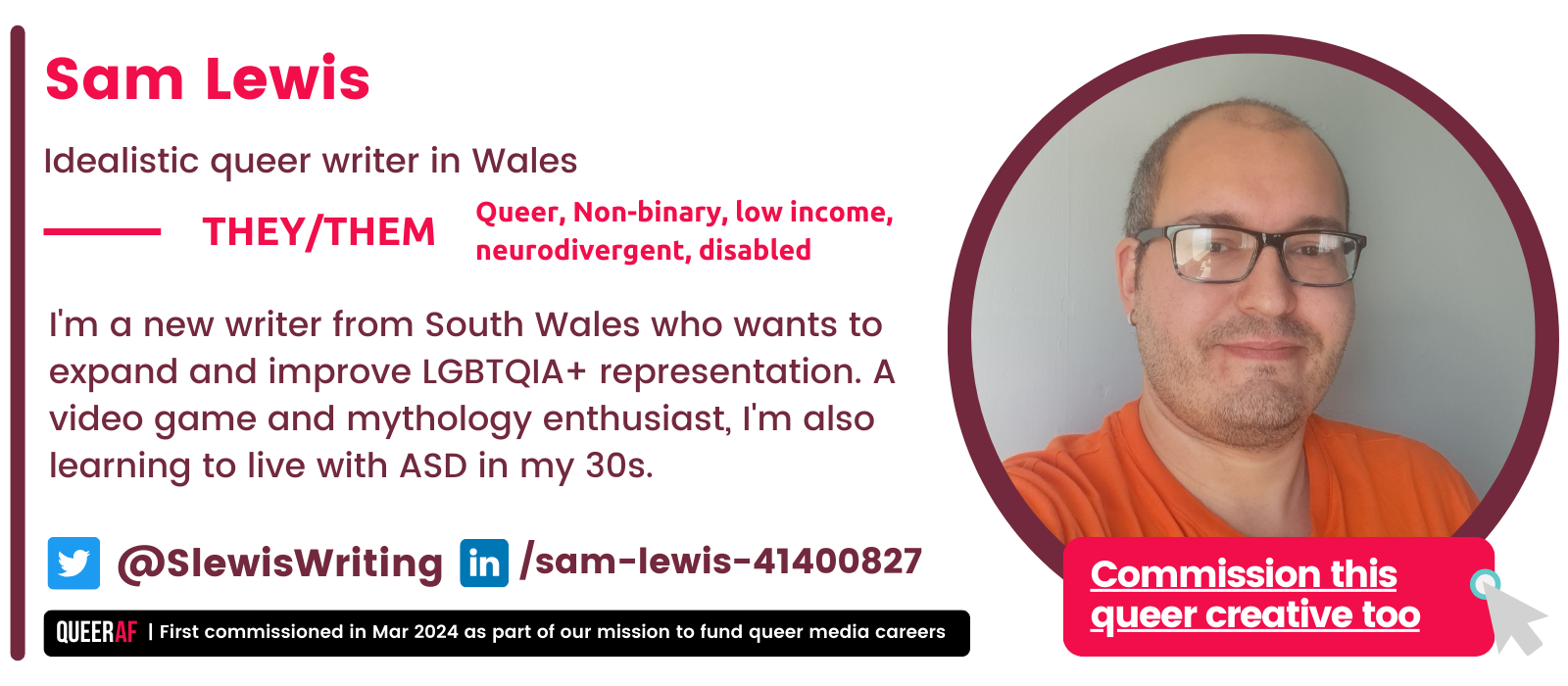
Get the Queer Gaze in your inbox each week with our free weekly newsletter or pitch to write an edition for us now.
QueerAF has partnered with Inclusive Journalism Cymru.
Together we're running a dedicated series of think pieces as part of a unique set of Queer Gaze commissions - our landmark writing scheme.
The articles are being written by three LGBTQIA+ journalists from Inclusive Journalism Cymru's network.
The Queer Gaze is a space in the QueerAF newsletter to commission emerging and underrepresented queer creatives to get published, receive mentorship, and kickstart your career.
Each commission comes with a unique 'retrospective' sub-editing session designed to put you in control of your article.
It's helping Welsh LGBTQIA+ creatives build journalistic craft and strategic communication skills.
You can support our work by becoming a QueerAF member.


